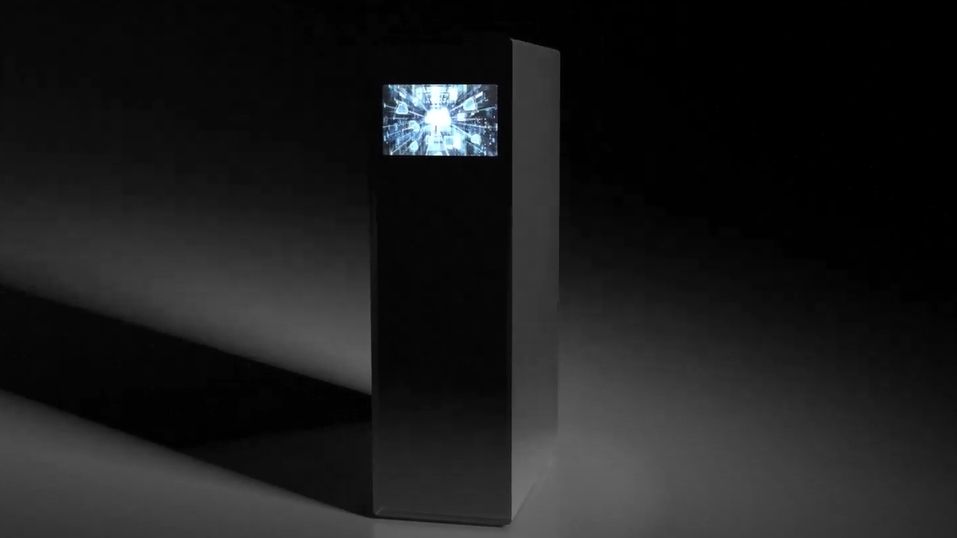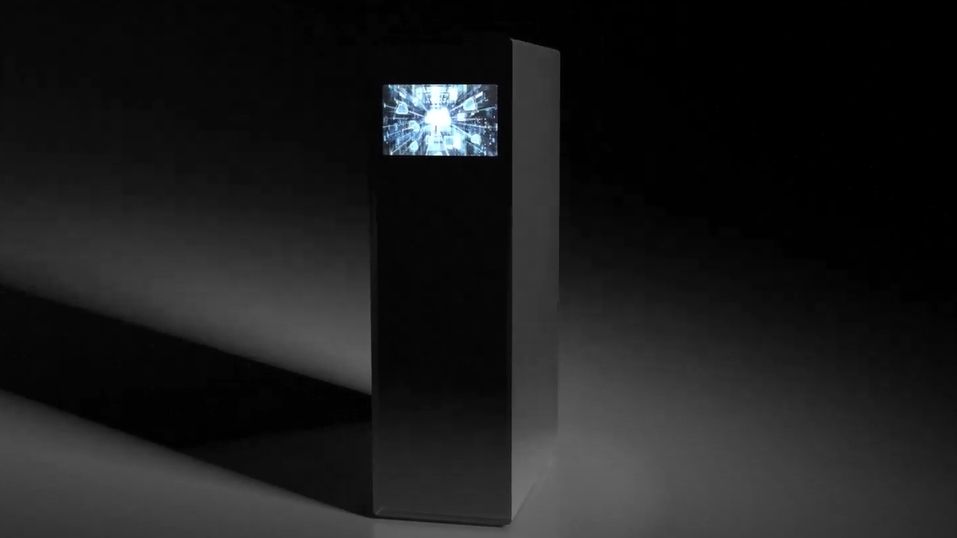
(Update: A further presentation from Cerabyte states that it plans to reach sub-$1 per Terabyte prices by 2030 for the cost of the media with the technology enabling a reduction in carbon dioxide emissions of 99%.)
Looking to store your 16K video footage on something sturdy? Here’s a candidate. Cerabyte, a data storage company based in Munich, Germany, has published an excerpt of a presentation that its CEO and co-founder, Christian Pflaum, will show at the upcoming 2023 Storage Developer Conference in California.
As alluded by its name, Cerabyte uses a special type of ceramics arranged in layers as little as 50 atoms thick in sheets up to 300µm thick. Using a laser or particle beam, they have been able to write and read data at GBps speeds with the media capable of supporting TB/cm^2 areal densities.
In comparison, current hard disk drives reach only 0.02TB/cm^2 with future models – likely to be launched towards the end of the decade – reaching about 0.1TB/cm^2; Tape – as used in LTO cartridges – tops 0.006TB//cm^2 (or 317Gb/in^2).
The first generation cartridges are expected to be launched in 2025 with an initial capacity of 10PB (that 10,000TB) rising to 100PB by the end of the decade. Beyond this, Cerabyte plans to introduce a 1EB (that one billion Gigabytes) CeraTape, which it says, will take the shape of 5µm-thick ribbons coated with a 10nm thick ceramic coating.
Extreme offering
Pflaum mentions that the data will be accessible within seconds, making it the perfect candidate for cold storage, lifetime cloud storage and unlimited cloud storage. Read/write speeds however remain problematic; a 10GB/s transfer speed equates to only 36TB per hour which means that you will need more than 11 days to fill a single cartridge.
While there is an appetite for such a product amongst consumers, Cerabyte will sell them primarily to hyperscalers, enterprises and data center operators with a total addressable market expected to reach 500 billion dollars by 2030, a six-fold increase compared to 2023. The startup promises TCO reduction of up to 75% thanks to zero power consumption at rest and extremely high volumetric data density.
Ceramics are hard wearing which means that they can be used under extreme conditions, think low/high temperatures. We don’t know whether it will come with a separate drive or if the reading/writing mechanism and the media will be integrated for better performance.
Another unknown is the price although Cerabyte says its flagship product will be a low-cost solution. LTO-8 tapes cost around $4 per TB and if Cerabyte matches that, its 10PB storage cartridge should fetch a cool $40,000, a bargain for those in the know.
(via Blocksandfiles)
More from TechRadar Pro
Services Marketplace – Listings, Bookings & Reviews
